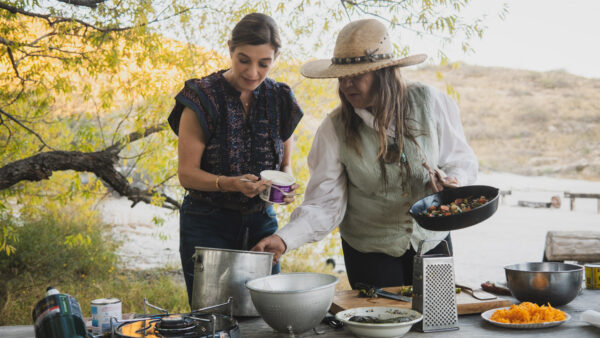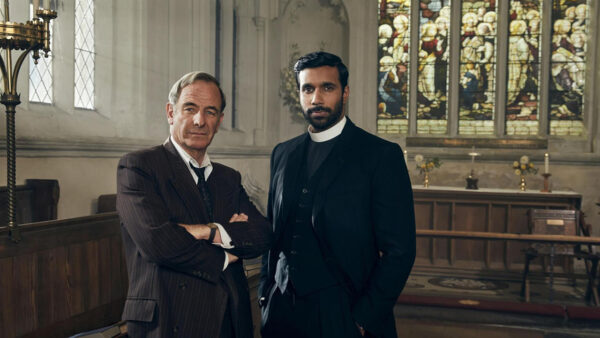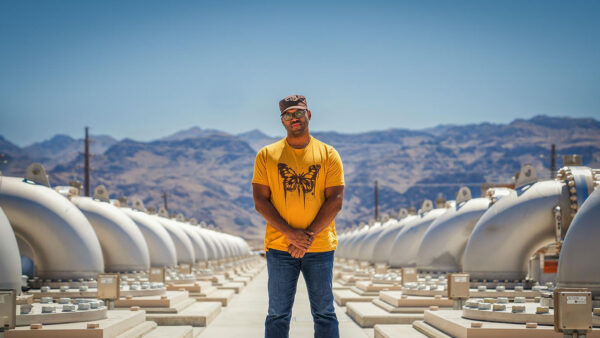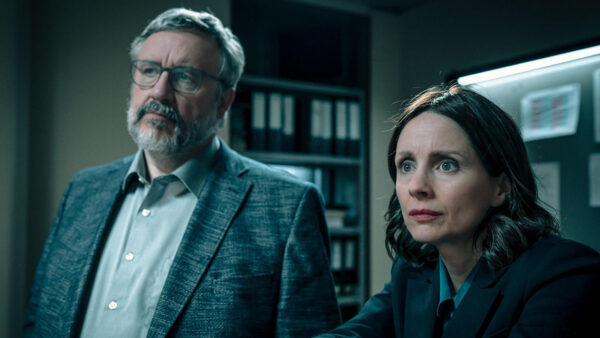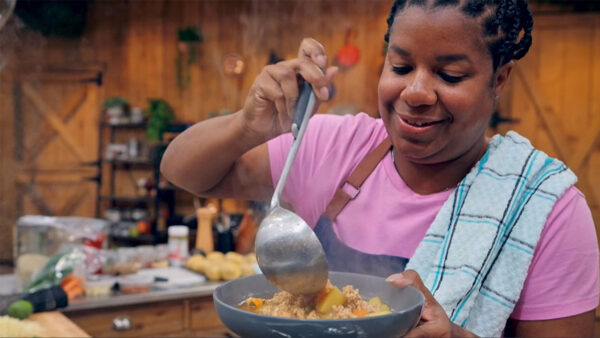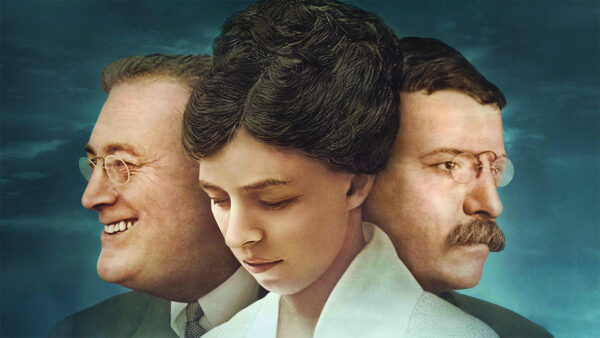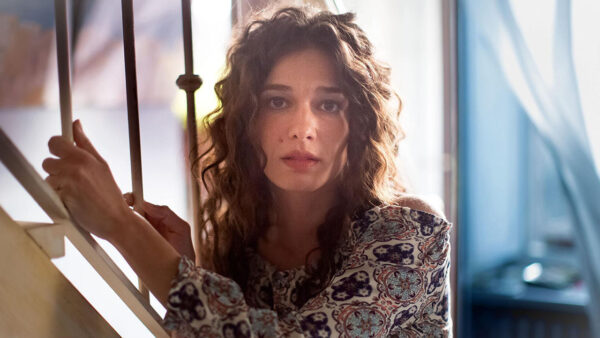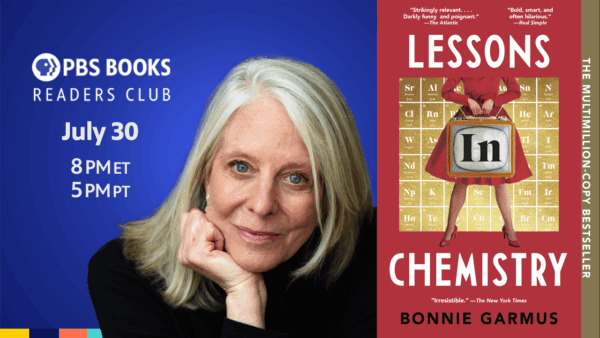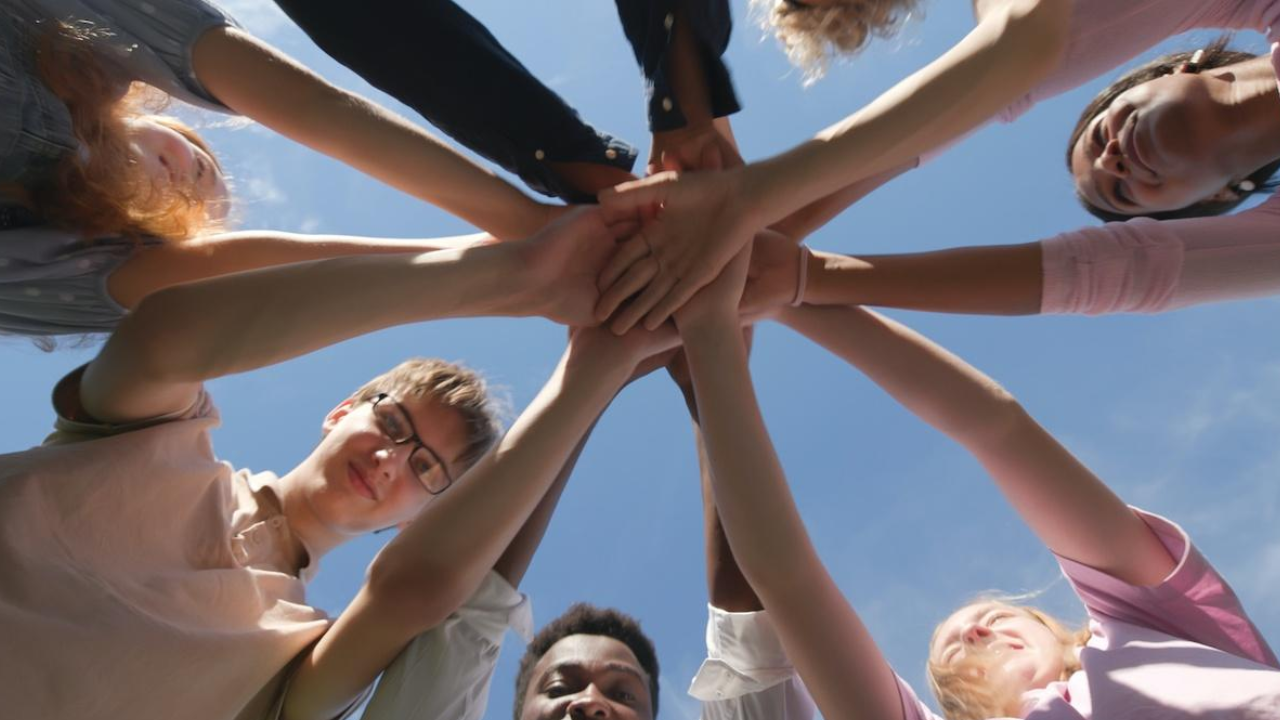
The road(s) to democracy: A post-election message for educators
Nov. 26, 2024
After each election, it’s natural to feel some tension or heaviness as we watch our nation grapple with its differences. Many of us get a feeling like our team has won or lost, or been eliminated. Both as a teacher and as a student, I always admired Mister Rogers and the way he reminded us how difficult times can bring us closer, helping us to see the humanity in one another. In our classrooms, we’re lucky to have the opportunity to model this kind of empathy and kindness, especially now.
Former British Prime Minister Winston Churchill once said, “Democracy is the worst form of government, except for all the others that have been tried.” It is a reminder that our system, though imperfect, allows us to participate, to question and to grow together. Democracy, just like friendship or community, isn’t always easy; it asks us to work through differences and disappointments. But that’s part of what makes it special: it’s a space where we all belong, even when it feels a bit messy.
One of the best things we can do right now is to recognize each other as neighbors, not as sides in a debate. This means listening without the need to respond or correct, just like we would listen to an old friend. Invite your students to reflect on what they’re grateful for in our country and in one another. Gratitude has a way of shifting our focus from what we lack to what we have, building a sense of calm and connection even in turbulent times.
- Explore our shared differences with this lesson plan on AZPBS LearningMedia: Help students understand that each person’s unique life experiences shape their values, interests and choices. Through exploring their own and one another’s differences, students will recognize how this variety enriches our democracy. For grades 6 to 12.
Let’s remember, too, that democracy isn’t confined to Election Day. Every moment we spend helping young people grow their understanding of one another, and of the world, is a vote for a kinder, more compassionate future. Talk with your students about how they can be good neighbors in their own classrooms and communities. Show them that they can make an impact in small, steady ways every day. Just like you’ve been doing all along.
As teachers, we’re members of a special group. Our work matters every day because it directly impacts our youth and our future. Together, we help shape a community where every student feels valued, where every voice matters. And even when times are tough, we can be grateful for the chance to build that future, one act of kindness, one lesson of understanding at a time.
In this season, may we find peace in our work, knowing that each of us has a role to play in our shared democracy. Thank you for being there for your students, and for one another, as good neighbors always do.
About the author
Christian Wrabley pushes his students to be critical thinkers and content creators in his 10th year teaching 8th grade civics in western Pennsylvania. His students have been featured on national television programs for their innovative civics projects, and Wrabley has been recognized for excellence in teaching by the Pennsylvania Council for Social Studies. The Duquesne University School of Education has recognized him as a distinguished alumnus (2020) for his accomplishments in education.
This article originally appeared on PBS.org.








